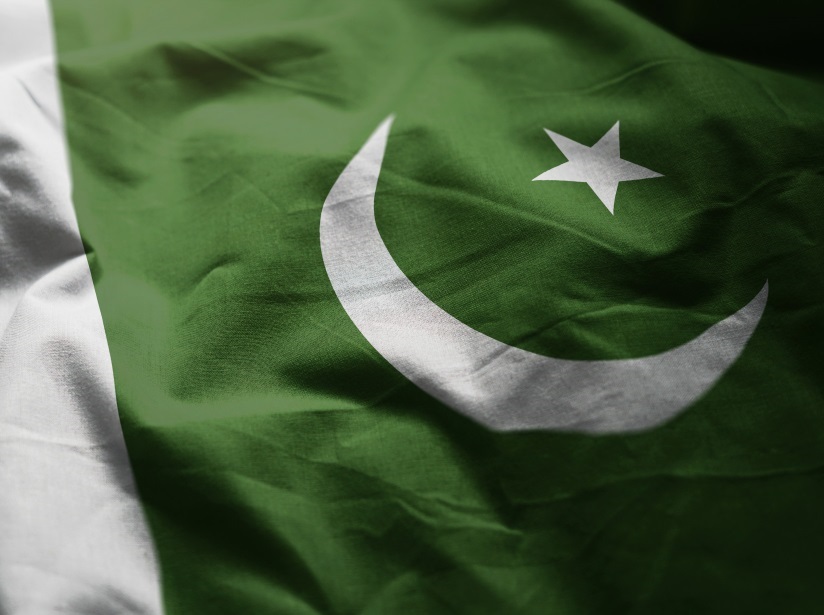Petroleum Dealers Divided Over Strike as Government Intervenes
Petroleum Dealers Divided Over Strike as Government Intervenes
- Dealers in Karachi announce nationwide shutdown of pumps from 6 am today.
- One PPDA faction accuses Karachi chapter of favoring OMCs’ interests.
- Government hints at higher commissions, passing on tax impact to consumers.
ISLAMABAD: The government appears to have formalized a division among the protesting petroleum dealers by hinting at increased commissions on sales of petroleum products, thereby passing the impact of the turnover tax to consumers.
Meanwhile, oil marketing companies (OMCs) have demanded a 60 percent increase in their profit margins.
Abdul Sami Khan, chairman of the Pakistan Petroleum Dealers Association (PPDA), stated from Karachi that pumps would close from 6 am on Friday across the country, despite some individuals resorting to intimidation.
Conversely, the petroleum division has instructed all six chief secretaries of the four provinces, Azad Jammu and Kashmir, and Gilgit-Baltistan to ensure the "operation of oil tankers movement" during the day on July 5 to maintain an uninterrupted supply of petroleum products to open retail outlets in the event the strike proceeds. Normally, oil tanker movement is not permitted during daytime hours.
Provincial governments have been asked to "endeavour/facilitate the opening of maximum petrol pumps and nominate focal persons for close coordination."
Oil marketing companies have already been directed to keep their outlets operational during the strike and maintain contact with the Ministry of Energy’s monitoring cell.
A joint statement by Ogra and the petroleum division confirmed that sufficient petroleum products are available in the country, with all OMCs advised to ensure adequate supplies at petrol pumps.
In Islamabad, officials from outside the petroleum division, Federal Board of Revenue, finance ministry, or Ogra have been interacting with dealers to persuade them to call off the strike.
Government representatives hinted at a possible increase in dealer commissions to offset the 0.5% turnover tax, suggesting an increase from the current Rs8.64 per litre to at least Rs11.20.
One dealer mentioned that a revision in commission and OMCs’ margin was already due in the new fiscal year, and the government was attempting to create a rift among the dealers.
Sources indicated that the government has made no commitment at this stage to avoid similar pressure from other sectors burdened by additional taxes, but facilitators promised a positive outcome eventually.
Dealers in Rawalpindi, Islamabad, and Lahore have pledged to keep their stations fully operational on Friday.
OMCs Seek Higher Margins
Oil marketing companies have formally requested an increase in their profit margin on petrol and diesel sales to Rs12.65 per litre from the current Rs7.87, marking a 60% hike.
The Oil Companies Advisory Council (OCAC), representing OMCs, has justified this increase due to “financing costs of maintaining a 20-day stock cover, turnover tax, handling losses, demurrage, financing cost of unadjusted sales tax, and operating expenses incurred by OMCs.”
Currently, there are about 14,000 retail stations in the country, including approximately 4,000 directly owned or operated by major oil marketing companies.
A group of dealers from Lahore and Rawalpindi, identifying as the Reformers Group of the PPDA, announced their decision not to join the July 5 strike. They stated their preference for detailed negotiations with authorities before considering extreme measures like an indefinite strike.
“Negotiations after a strike call are pointless, so petrol pumps will remain open nationwide on July 5, as the country’s economy cannot be stalled at this critical time,” the statement read.
Hasan Shah, the group’s spokesperson, mentioned that a delegation led by PPDA Rawalpindi leader Numan Ali Butt met Minister of State for Finance Ali Pervez Malik. They discussed that petroleum dealers might be charged either a fixed tax or a regular tax, but not both, as it would be illegal and lead to petrol pumps shutting down.
The minister assured them that the FBR chairman would address the issue, according to the group’s statement.
Mr. Shah added that discussions are ongoing, and if unsuccessful, any decision would be made after consulting with each district’s organization.
“We reject the strike call by some dealers in Karachi because they are working for the interests of oil marketing companies and not concerned about their own community.”

